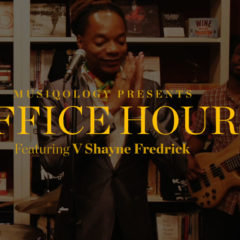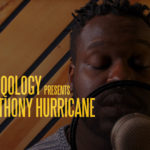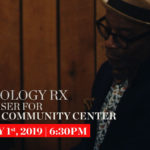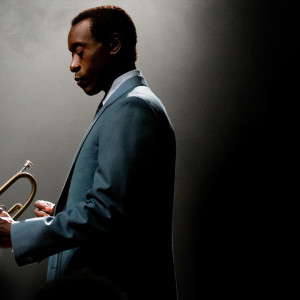Shining On
The music industry lost one of its brightest stars last week when Maurice White, founder of Earth, Wind & Fire, passed on. He was 74. Emerging from the post Civil Rights malaise with punchy, celebratory, pop-inflected soul, Earth, Wind & Fire became a hugely successful and influential group, selling over 90 million records worldwide. “You know how hard it is to present Afrocentric Jazz & spiritual positivity in the face of what we had to deal with in the Seventies?” Questlove wrote in an emotional tribute on Instagram. “When times were hard sometimes the only release you had was music. & if it wasn’t Stevie, you were reaching for your #EarthWindAndFire albums.” The first African American act to sell out Madison Square Garden and the first performing group at President Obama’s first social event as President, Maurice White’s band remains ever relevant and inspiring. His watchful light shines on.
Racial “Formation”
It’s easy to mis-hear the first words of Beyoncé’s “Formation,” which debuted along with a video this past weekend. The first speaker is not Queen Bey, herself—instead, we hear the voice of YouTube celebrity Messy Mya, who died under mysterious circumstances in still-rebuilding New Orleans in 2010. His provocation—“What happened at the New Wil’ins?”—might as well ask “What happened after New Orleans?” Since the levees broke while the federal government stood too-idly by, an era of organized activism and protest has begun, and “Formation” is Knowles’ most explicit claim-laying to her identity—as a southern black woman who is politically conscious and motivated. The song is luxuriously hers, with lengthy verses and choruses over a slinky Mike WiLL Made-It beat, and the video is a tribute to the black south post-Katrina, at a time when we somehow still need to insist to others that Black Lives Matter. “Beyoncé took that a step further; she really did,” dream hampton told NPR. “I mean, she created an anthem, a visual anthem in every way.”
She Slayed
If you didn’t hear, Beyoncé had a big week. Taking the field at Super Bowl 50 with ammunition crisscrossing her chest and flanked by a group of dancers with berets covering their afros, the singer debuted “Formation” in front of the third-largest audience in human history. While we had to sit through some Coldplay and Bruno Mars’s uninspiring “funk” to get to her, Beyoncé took perhaps her most-militant stance yet in the most mainstream moment possible. And while the song’s message will probably be lost on some and one has to ask about the potential discontinuities of a Beyoncé-fronted (and Jay Z-funded) Black Lives Matter, Beyoncé’s unapologetic provocation at a time with more than a hundred million sets of eyes on her will be an important moment in this new civil rights era.
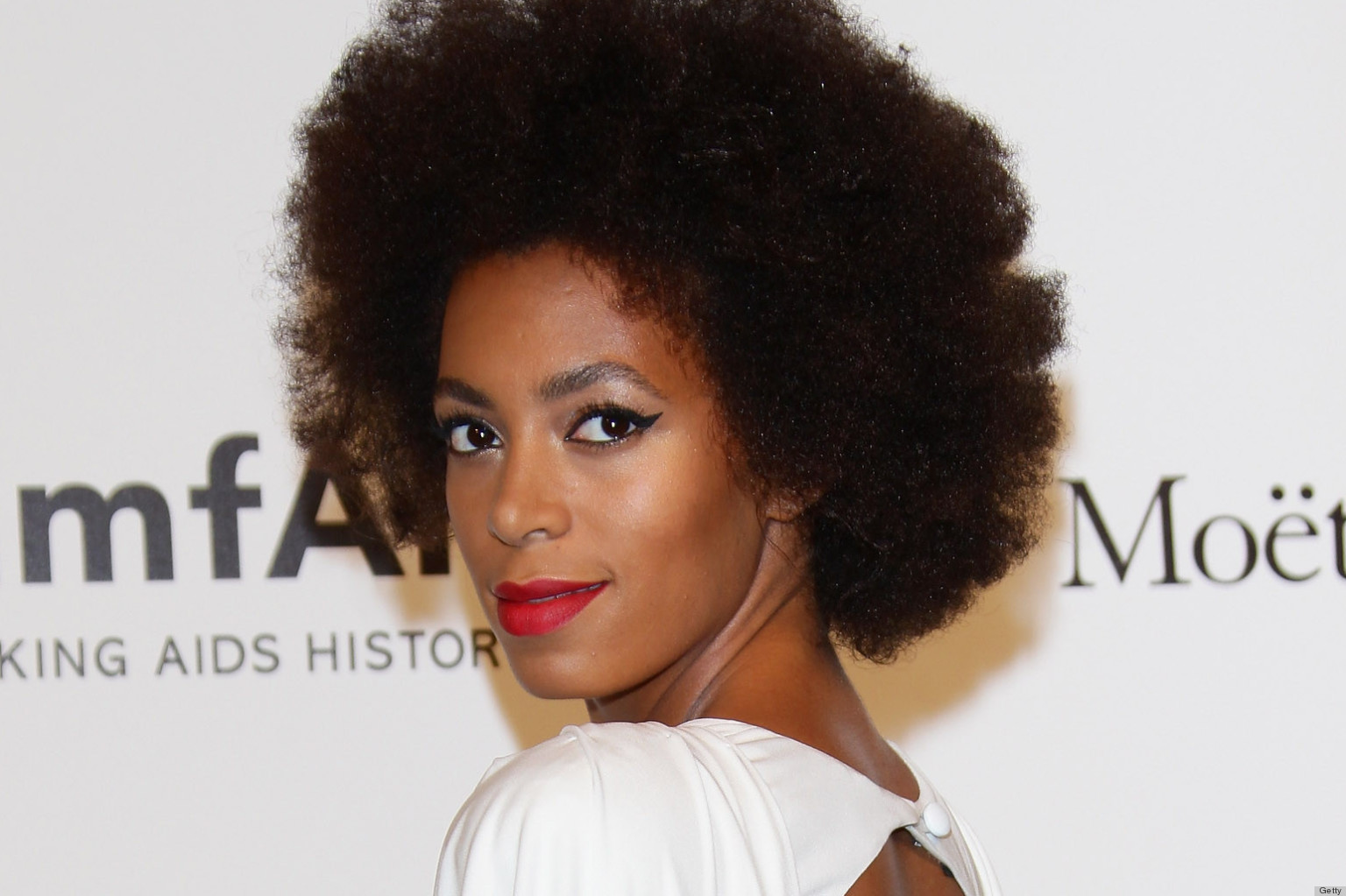
MILAN, ITALY – SEPTEMBER 22: Solange Knowles attends amfAR Milano 2012 during Milan Fashion Week at La Permanente on September 22, 2012 in Milan, Italy. (Photo by Vittorio Zunino Celotto/Getty Images)
“F*ck the Industry”
Beyoncé was not the only member of the Knowles family who launched a critique this past week: Her sister Solange aired some serious grievances on Twitter with the white male-dominated music critical establishment. In an ongoing feud that started more than three years ago, the “Rise” singer criticized reviewers for “grading” R&B records without what she felt was a proper understanding of the music’s broader place in a culture that was not their own. One critic, The New York Times’ Jon Caramanica, responded during a recent podcast, suggesting that “The only reason that Solange’s success this past year has even been a thing is only because of these same people that she’s lambasting,” he said. “There would be no Solange record if the dude from Grizzly Bear didn’t put it out. So you know, first of all, let’s talk about biting the hand that feeds you. If I was Solange, I would be a little bit worried about that.” Knowles fired back with a series of tweets criticizing Caramanica’s sense of entitlement. “The music business was built brick by brick off the backs, shoulders, heart ache and pain, of black people, and everyone is just exhausted,” she tweeted.
Radio Rounds
Georgetown professor Michael Eric Dyson has been doing a ton of press for his new book, The Black Presidency: Barack Obama and the Politics of Race in America, which released last week as a useful and important summation of President Obama’s complicated relationship with the black community during his time in office. Dyson’s press tour has included the expected NPR stops, including an interview on local station WHYY. But equally worth a listen is Dyson’s New York City visit to Power 105.1’s The Breakfast Club. It’s a fascinating look at how scholarship can be multiply literate, translating across audiences and communities.

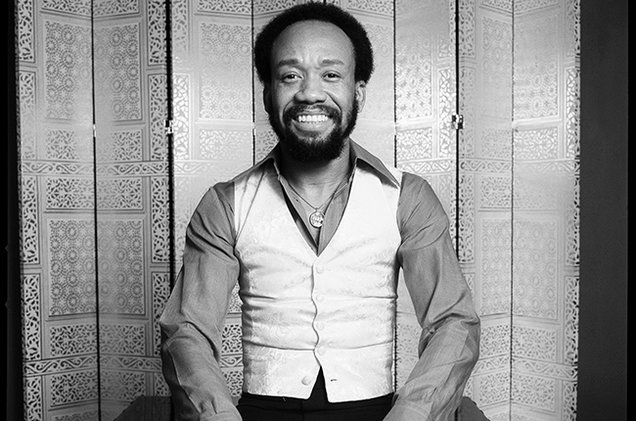

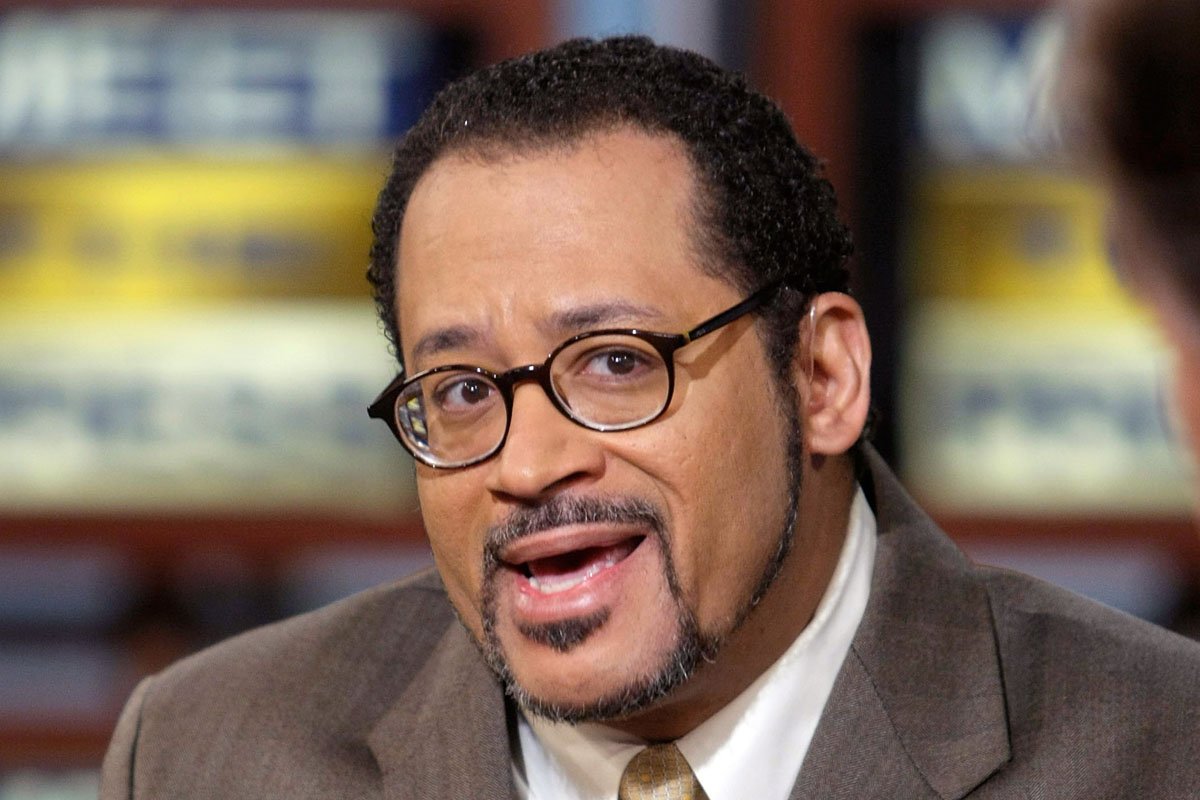
 Share On Facebook
Share On Facebook Tweet It
Tweet It


